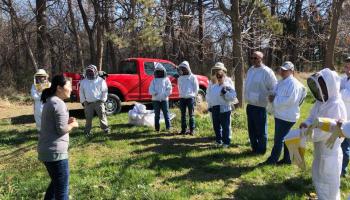Mead Making Workshop 2024

Open Apiary - Omaha 2024
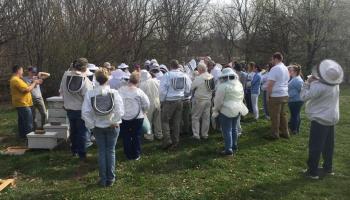
Open Apiary times are an informal, unstructured gathering of members of the Great Plains Master Beekeeping program. There will be brief demonstrations, questions and answers, and time to get hands-on experience with beehives. Open Apiary will count as 2 hours of field training toward your progress through the Great Plains Master Beekeeping program.
Open Apiary Calendar:
Date: 4-13-2024
Kimmel Orchard Open Apiary & Bee Club 2024
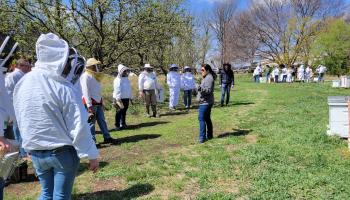
Open Apiary times are an informal semi-structured gathering of members of the Great Plains Master Beekeeping program at the UNL Bee Lab teaching apiary at Kimmel Orchard.
There will be brief demonstrations, questions and answers, and time to get hands on experience with beehives.
Scottsbluff, NE - Open Apiary
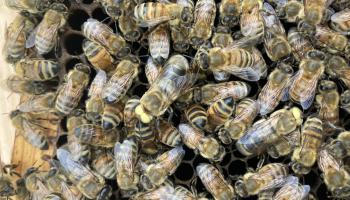
Open Apiary times are an informal, unstructured gathering of members of the Great Plains Master Beekeeping program. There will be brief demonstrations, questions and answers, and time to get hands-on experience with beehives. Open Apiary will count as 2 hours of field training toward your progress through the Great Plains Master Beekeeping program.
August 12th 9-11am: we will inspect hives, talk honey harvest, possibly take some frames off, look at equipment for harvest and talk winter prep.
Mitchell, NE - Open Apiary
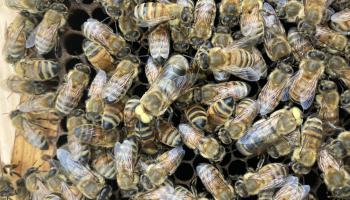
Open Apiary times are an informal, unstructured gathering of members of the Great Plains Master Beekeeping program. There will be brief demonstrations, questions and answers, and time to get hands-on experience with beehives. Open Apiary will count as 2 hours of field training toward your progress through the Great Plains Master Beekeeping program.
NE Beekeeping Association Open Apiaries (Aurora, NE)
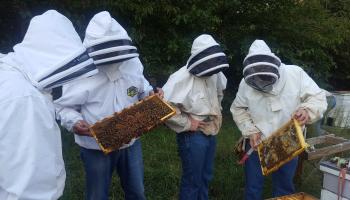
Open Apiary times are an informal unstructured gathering of members of the Great Plains Master Beekeeping program. There will be brief demonstrations, questions and answers, and time to get hands on experience with beehives. Open Apiary will count as 3 hours of field training toward your progress through the Great Plains Master Beekeeping program.
Hap-Bee Hour: GPMB monthly webinar series
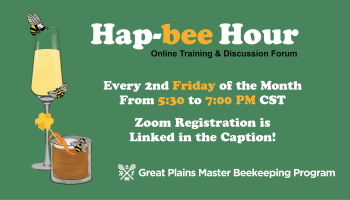
Great Plains Master Beekeeping Program is excited to host our Monthly Hap-Bee Hour Online Discussion Forum and Gathering.
We have a variety of speakers that discuss topics related to seasonal beekeeping concerns.
Register in advance for this meeting. After registering, you will receive a confirmation email containing information about joining the meeting.
Heroes to Hives
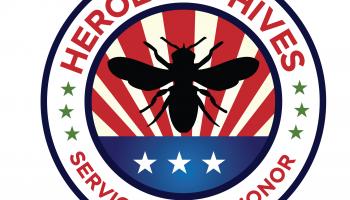
Open Teaching Apiary: Lincoln, NE 2024
